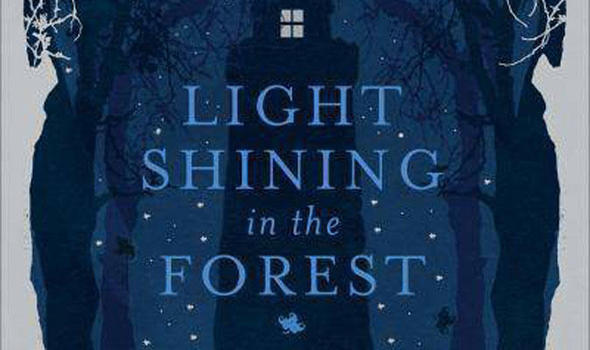Meanwhile, the shortlist for the eighth annual BBC national short story award is comprised entirely of female authors. The chair of judges, Mariella Fostrup, suggests that the format is 'suited to the innovative brilliance of female writers'. This is clearly a contentious comment designed to create controversy. A such, it is not far removed from the patronising notion that women write short stories because they can only a snatch an hour here and there between rearing children and cleaning houses and their poor little brains can't cope with anything on too grand a scale.
When living in New Zealand, I read a lot of Kiwi short stories and I liked very few. The problem from my perspective was that they weren't actually stories with beginnings, middles and ends. One author stated she preferred to think of them as 'short fictions' as she felt the 'structured semantics of storytelling were tyrannous and restrictive'. In this case, you are not writing a story. At best, what you have is a poem; at worst, a creative writing exercise. Suffice to say there is much debate as to what defines a short story.
A good short story is a good short story, no matter who writes it. When I was a child I was incredibly impressed by Oscar Wilde's fairytales, Aesop's fables, Rudyard Kipling's Just So Stories and Enid Blyton's accounts of pixies and goblins. I read my way through stories of King Arthur and Robin Hood. I progresed to Greek mythology and the Bible.
My parents gave me a book of Saki's short stories to read as a young woman: I can't thank them enough. Edgar Allan Poe tortured my nights and expanded my mind. Charlotte Perkins Gilman and her tale of 'The Yellow Wallpaper' exposed me to an empathetic world I had never previously imagined. There are so many short stories that left lasting impressions, but I will attempt a truncated list.
5 Favourite Short Story Writers:
- Roald Dahl - going from his children's stories to his adult shorts was a revelation. I haven't touched royal jelly since.
- Alice Walker - her world is not my world, but she welcomes me in through her short stories.
- Stephen King - his stories are so well constructed and the format suits the horror genre.
- Edith Wharton - similar to the above, the glimpse of ghosts in her short stories are tantalisingly terrifying
- Jon McGregor - earlier this year I read This Isn't the Sort of Thing that Happens to Someone Like You: it was the best collection of short stories I have read in a long time.
 |
| One of Laura Beckman's illustrations for Roald Dahl's Royal Jelly |


.jpg)
.jpg)